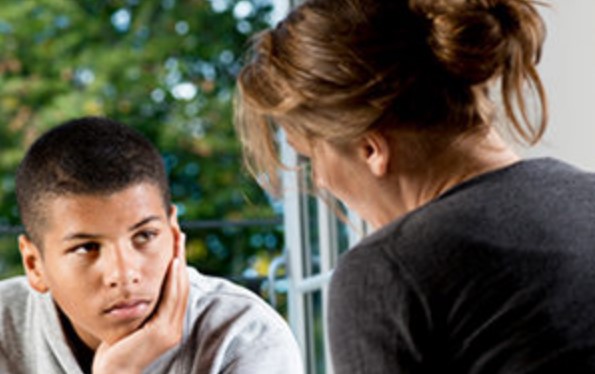As teenagers navigate the challenges of adolescence, they may experience emotional, mental, and behavioral difficulties that can negatively impact their overall well-being. Fortunately, there are counseling and recovery programs available to help empower teens and provide them with the support they need to overcome these challenges.
Teen counseling and recovery programs are designed to address a wide range of issues, including substance abuse, depression, anxiety, self-esteem, and relationship problems. These programs provide teens with a safe and supportive environment where they can explore their feelings, thoughts, and behaviors and learn healthy coping skills to navigate the challenges of life.
One of the primary goals of teen counseling and recovery programs is to empower them to take an active role in their own healing and recovery. This empowerment comes from helping teens develop a sense of control over their own lives and teaching them the skills they need to make positive choices.
Counselors and therapists who work with teens are trained to provide support and guidance in a non-judgmental and compassionate way. They create a safe space where teens can express themselves freely without fear of being judged or criticized. Through individual therapy, group therapy, and support groups, teens can develop a better understanding of themselves and learn how to communicate effectively with others.
Another key aspect of teen counseling Redondo Beach is the emphasis on family involvement. Family therapy is often an important component of these programs, as it can help repair and strengthen family relationships that may have been strained due to the teen’s behavioral or emotional problems. By involving the entire family in the recovery process, teens can receive the support and encouragement they need to succeed.
Counseling and recovery programs for teens may also include educational and life skills training. For example, teens may participate in classes or workshops on topics such as anger management, stress reduction, and communication skills. These skills can help teens build their self-esteem and improve their overall quality of life.
In addition to counseling and therapy, recovery programs for teens may also include other types of support, such as medication management, 12-step programs, and alternative therapies like yoga or meditation. These additional resources can help teens manage their symptoms and develop healthy habits and coping strategies.
One of the most important aspects of counseling and recovery programs for teens is the sense of community and connection they provide. Teens who participate in these programs have the opportunity to meet and connect with other teens who are going through similar challenges. This can be a powerful source of support and motivation for teens who may feel isolated or alone in their struggles.
In conclusion, counseling and recovery programs for teens can be a lifeline for young people who are struggling with emotional, mental, and behavioral challenges. These programs provide a safe and supportive environment where teens can explore their feelings, learn healthy coping skills, and develop a sense of empowerment and control over their own lives. By involving the entire family and providing a range of resources and support, these programs can help teens build a foundation for a healthy and fulfilling future.

